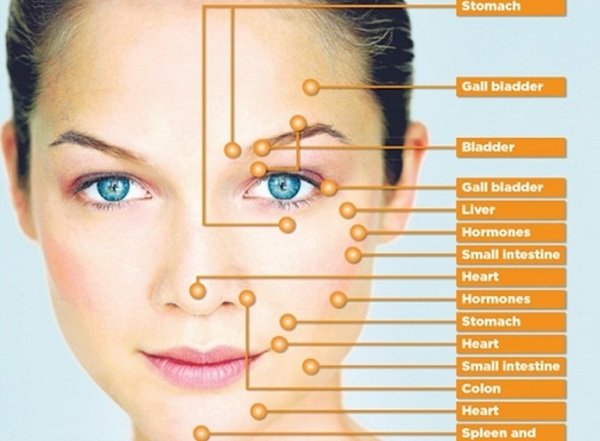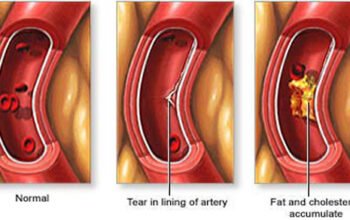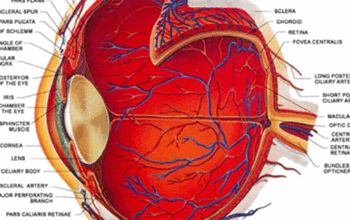Our face is more than just a reflection of our appearance—it’s a window into our overall health. Just as ancient medical practices like Traditional Chinese Medicine (TCM) and Ayurveda have long understood, our skin, complexion, and facial features can reveal critical insights about our internal well-being.
Understanding Facial Health Indicators
Throughout history, healthcare practitioners have used facial diagnostics as a holistic approach to understanding an individual’s health. These practices go beyond mere surface-level observations, connecting visible signs to potential underlying conditions. Modern medical research increasingly supports what traditional healing systems have known for centuries: our face tells a story about our overall health.
Nutrition and Your Skin’s Story
What you eat directly impacts your skin’s appearance and health. Key nutrients play a crucial role in maintaining a vibrant, healthy complexion:
- Vitamins A, C, and E: Essential for skin repair and protection
- Omega-3 fatty acids: Reduce inflammation and support skin hydration
- Antioxidants: Combat free radical damage and prevent premature aging
A diet lacking these nutrients can manifest through various facial signs, such as dull skin, increased breakouts, or uneven skin tone.
Hydration: The Foundation of Healthy Skin
Water isn’t just essential for internal bodily functions—it’s critical for maintaining healthy skin. Dehydration can quickly reveal itself through:
- Dry, flaky skin
- Increased appearance of fine lines
- Reduced skin elasticity
- Dull, lackluster complexion
Experts recommend drinking at least 8 glasses of water daily to maintain optimal skin hydration.
Stress: The Invisible Skin Aggressor
Chronic stress doesn’t just affect your mental health—it can dramatically impact your skin. When you’re stressed, your body releases cortisol, a hormone that can trigger:
- Increased oil production
- Acne breakouts
- Accelerated aging
- Inflammation
Practicing stress management techniques like meditation, yoga, and regular exercise can help mitigate these effects.
Sleep: The Ultimate Skin Regenerator
Quality sleep is when your body performs critical skin repair processes. Poor sleep can lead to:
- Dark under-eye circles
- Accelerated skin aging
- Reduced skin cell turnover
- Decreased collagen production
Aim for 7-9 hours of uninterrupted sleep to support your skin’s natural regeneration processes.
Common Facial Signs and Their Health Implications
Some specific facial signs can indicate potential health issues:
- Persistent Acne: May signal hormonal imbalances or digestive issues
- Pale Complexion: Could indicate anemia or vitamin deficiencies
- Yellow Skin Tone: Might suggest liver problems
- Butterfly Rash Across Cheeks: Potential sign of lupus
Holistic Approaches to Facial Health
Integrating holistic practices can support your skin’s health. Consider:
- Regular facial massage
- Natural skincare routines
- Balanced diet
- Stress reduction techniques
- Adequate hydration
Remember, your face is a complex map of your overall health. By paying attention to its signals and maintaining a holistic approach to wellness, you can support both your skin’s appearance and your body’s internal balance.






